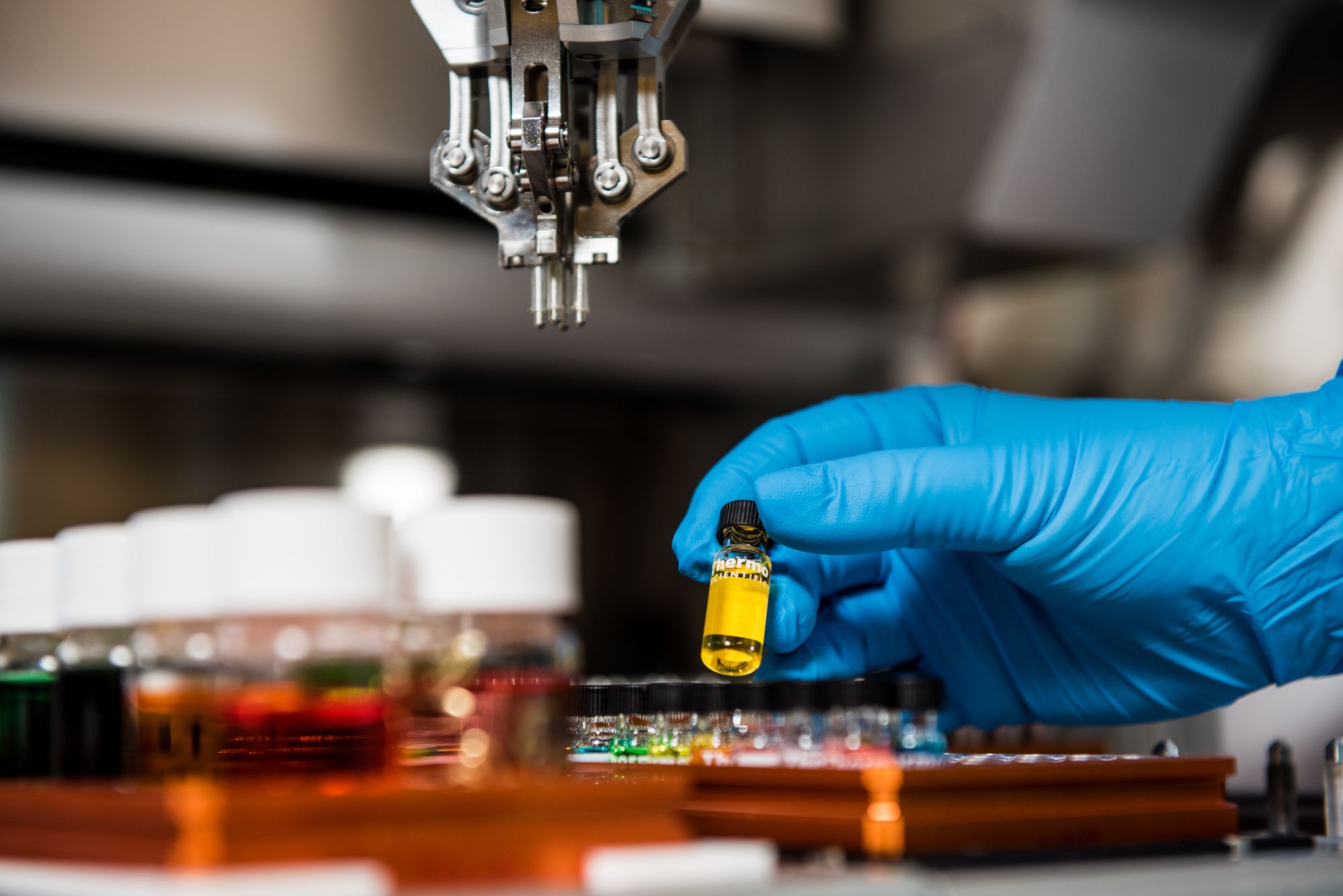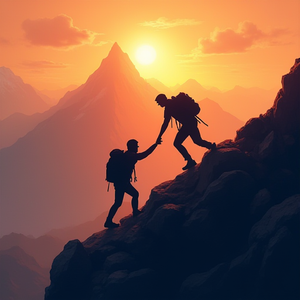The rapidly and constantly evolving COVID-19 situation has dramatically affected career plans for both early-career faculty and senior graduate students. There is no doubt that these worries about tenure clocks and academic milestones are valid; academia is notorious for strict and inflexible deadlines, even in emergencies. I am encouraged, however, by the fact that universities (including my own) and funding institutions across the world are proactively making accommodations to prevent unnecessary disruptions to the research enterprise.
Closing down labs for an indeterminate amount of time has been stressful for many, and a lot of changes will have to be made over the next few months—not to mention the inevitable culture shock once we're allowed back on campus and into the lab. Some institutions are even suggesting working in shifts to maintain social distancing. But, in all of the news around COVID-19 in academia, I have noticed one group starkly left out: new PhD students. Now, as a first-year myself, I admit that I'm biased, but there are concerns that need to be brought up regarding the transition from in-person to virtual training, after less than a year of graduate school.
Relationships with PIs are already tricky to navigate in person, especially for new students, and moving to text-based communications only makes this more fraught.
One of the most critical parts of the first year of graduate school in the United States is finding a thesis lab. Regardless of individual schools' lab rotation structure (1 per semester, totally flexible timeline, etc.), many students at my institution and others have yet to declare which lab they'd like to join. I feel very fortunate that I had chosen a lab before Christmas, but I empathize with many of my colleagues who are now unable to perform more experiments. While working from home can be a welcome break for writing and data analysis, the goal of a rotation is to determine how well you fit into the lab's culture, whether you get along with the PI's leadership style, and whether you find the day-to-day interesting enough to spend five or so years doing it. Learning to code or writing a review paper are not helpful activities when a student doesn't even know who their supervisor will be, much less what their thesis topic is. I worry that students will rush into labs, seeking some sense of security in this troubling time; or perhaps they will delay their choice, potentially slowing down their progress toward graduation.
Similarly, relationships with PIs are already tricky to navigate in person, especially for new students, and moving to text-based communications only makes this more fraught. A misunderstanding of how an email is interpreted can be resolved with a quick chat in the hallway—an option is no longer available to us. Zoom meetings can be unwieldy to set up and can seem too formal for more casual conversations that are so important to build relationships with mentors. I fear that while the first year of grad school is often a time to build relationships within labs, departments, and institutions, many of us will struggle with this, leading to longer-term difficulties with our PhDs.
Alongside preparing for one's future thesis work, classes are the other focus of first year training programs across every variety of institution. Yet, the format for many classes has changed dramatically in response to COVID-19. I've noticed that my own discussion-based classes have become less interactive: interrupting a professor during a Zoom call can be much more difficult than raising one's hand in a classroom. Classes are also ripe with distractions now -- Twitter is just a click away, and it's much easier to stay distracted without the social pressure to stay alert in class.
Summer courses and conferences, both critical to introducing trainees to the new fields they find themselves in, are also being postponed or cancelled. Departmental retreats, an important time for networking and collaboration, are also forced to reschedule or convert to remote formats. For many new students, these meetings are incredibly important for understanding the scope of research that is occurring, identifying potential collaborators, and making friends at other institutions. Of course, these events will occur next year, but the impact of their cancellation should not be ignored, especially for new PhD students. Critical ideas for one's thesis could come from conversations at meetings like this, and missing out on that could be devastating.
Finally, many new students, like myself, have recently moved to a new city for graduate school, only to find themselves quarantined in their apartments, cultural institutions closed with no plan to reopen, and bars and restaurants only available for delivery. Many of us have moved away from family and friends, too, which can make circumstances like these even more difficult . Building a support system in a new city and at a new institution can be challenging even when seminars, happy hours, and lab meetings occur in person. While Zoom has allowed some of these activities (happy hours included) to continue, the lack of non-verbal communications does make them more awkward than their physical counterparts. While I have my two cats and my partner to interact with on a daily basis, for students who live alone, this period of quarantine could be a lonely one.
While I've pointed out some of these ways in which younger graduate students, like myself, are being affected by COVID-19, I don't want to come off as if I'm complaining. I'm very thankful that I can say that my institution, the Icahn School of Mount Sinai, has handled this situation as well as possible (in addition to caring for thousands of COVID-19 patients in the hospital system itself); but, That doesn't mean this process won't be without hiccups. No matter the number of town halls, Zoom meetings, and curriculum adjustments, this year will always be a strange one — and that's true for all of us, including new PhD students like me.
For institutions seeking to help their new students through this time, I have a few suggestions:
1. Schedule opportunities for students to express concerns. Sinai has given many town hall-style meetings, both departmental and institution-wide, in which students and postdocs have had the chance to express their concerns in a supportive setting. PIs, too, should be proactive in ensuring everyone's reasonable progress, but more importantly, they should check in with how lab members are coping on a regular basis.
2. Facilitate social "meetups" for students. Zoom happy hours, though potentially chaotic, are a great way for students to connect with and support one another right now. Playing games online like Cards Against Humanity or Jackbox can be very fun. Casual coffee breaks in the middle of the day can break up the monotony of working from home, too. Don't overwhelm us with Zoom meetings, but use technology to stay connected.
3. Be flexible with due dates and deadlines. Many students have a lot more to worry about now than they did when the semester began, whether that be childcare, aging parents, or simply their own safety during this pandemic. Allow them a couple of extra days to finish that paper, or postpone their thesis proposal a bit if they seem stressed and overworked. What's most important during this time is that we all get through it with our sanity intact.
We're going to make it through this crisis thanks to tireless efforts from physicians, researchers, and public health officials. For my fellow first-years: reach out to your PIs, program directors, and administration to get the support you need. This is a time time of unprecedented change, so don't be afraid to ask for more resources to help you get through it.
Zach is a first-year neuroscience PhD student at the Icahn School of Medicine at Mount Sinai in New York City. He works in the lab of Dr. Peter Rudebeck, studying the neural basis of cognition and affect. Outside of science, his hobbies include skateboarding, cooking, and traveling. He can be found on Twitter @zachzeisler1 and on his personal website http://zachzeisler.com







